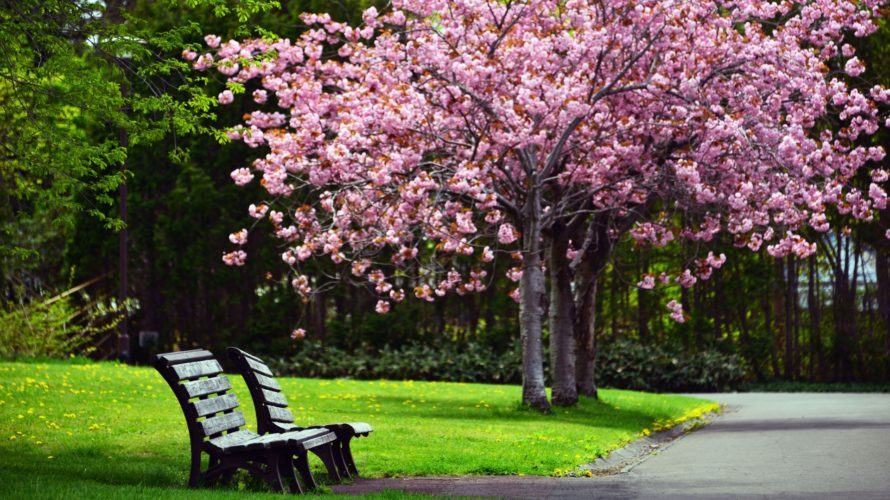“Jumokuso” Resting Beneath a Cherry Tree
- 2020.07.02
- culture

These days, we constantly hear or see the news reports about COVID-19 on TV every day. It is too much… so to avoid the news I recently watched a documentary on a show called 72 Hours that is aired weekly on NHK WORLD-JAPAN which was a very thought-provoking theme “Jumokuso; Resting Beneath a Cherry Tree”.
Until now, I have avoided and not really thought about “death”, but it was a good opportunity to think about my mortality. I’ve only experienced my great-grandmother and grandparent’s deaths. Fortunately, my parents are fine and I have never really faced “death”. Moreover, for some reason, I think that I am along with my parents are going to live forever, but that is simply not possible.
Jumokuso is a grave that uses trees as grave markers instead of gravestones. Jumokuso is basically a permanent memorial service that does not require succession. As an advantage, the cost is cheaper than an ordinary grave, and there is no need for grave maintenance. Also, with the recent increase in the number of nuclear families, it may be good for people who have no other family members or who have family members who they do not want to bother much after death.
The documentary shows it’s more like a park than a grave, and people come to visit there every morning for a walk, or to make memories of those who died while eating lunch on a bench. I was interested in seeing how individuals were remembered in various ways. What I thought was the best is that even if someone is buried alone (2 to 3 people can be accommodated in the same place), meaning even strangers will come and visit them. Moreover, it seems that you can enjoy seasonal flowers in this place, and I wonder if it is possible to become part of the trees and flowers after death.
Of course, it’s probably Japanese culture that all the family members come to the graves to visit their ancestors every year on the day of death, and that’s how I think it should be. However, I also wondered if the tradition of Jumokuso is being embraced by modern Japanese culture like it was in the past.
By the way, more than 99% of people are cremated in Japan. You may think that there are many Christians in Australia and burial is common, however, more are actually cremated. In traditional Christianity, it was believed that the body could not be revived if the body was burned. However, modern Christianity allows cremation. When I told my friends here in Australia that cremation is common in Japan, they were very surprised to hear that.
Through this program, I was reminded that people have to live to their fullest every day because they do not know when they will die. Maybe your family or your loved one suddenly gets into an accident and dies tomorrow. Or you may even suddenly die yourself. There is no guaranteed of how much time we have here and no such thing as never dying. Because people will definitely die someday as sad as that sounds. It may be scary to think of “death” vaguely, but when you face “death,” and you realize one day you and your loved ones will not be here, you may say thank you for your life instead of complaining about it. Even people who are frustrated by small things may open their hearts a little more and appreciate the short time we all have here on earth. Understanding your mortality helps you accept what you have now and makes you live every day in gratitude for the gift of life☺!
-
前の記事

“Reticular Activating System (RAS)” 2020.06.26
-
次の記事

“Buck Moon” in July 2020.07.06